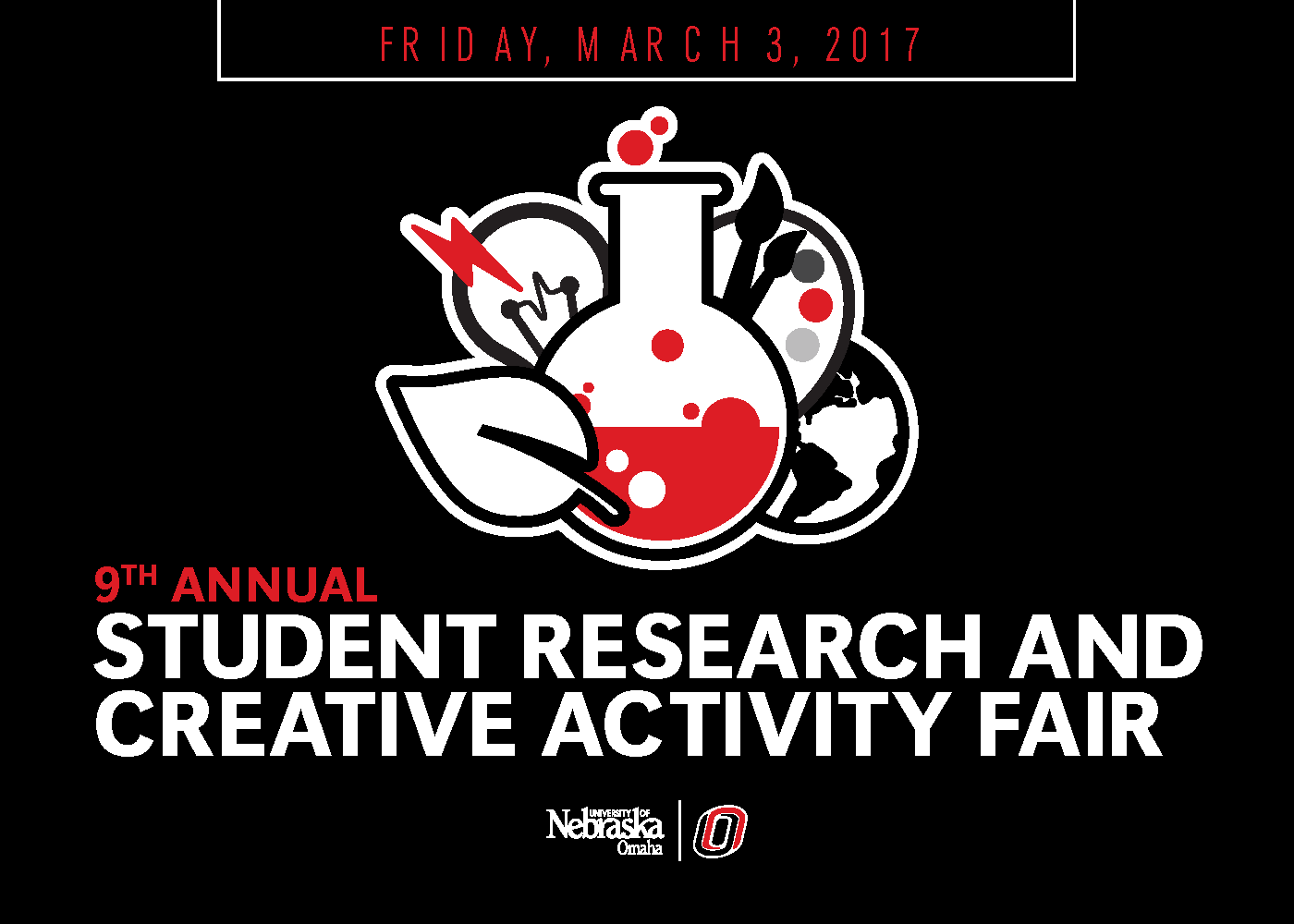
Advisor Information
Janelle Beadle
Location
UNO Criss Library, Room 232
Presentation Type
Oral Presentation
Start Date
3-3-2017 11:30 AM
End Date
3-3-2017 11:45 AM
Abstract
Higher levels of perceived loneliness are associated with poorer health, diseases, and a greater risk of mortality. Studies of loneliness suggest that it is heritable, and that some individuals are more prone to experiencing loneliness than others. Previous neuroimaging studies in adolescents have demonstrated that brain regions involved in emotion processing and regulation, such as the anterior cingulate cortex (ACC), medial prefrontal cortex, and amygdala, are associated with social exclusion and social network size. However, the brain networks underlying loneliness in adolescents are unknown. We used resting state functional connectivity (rs-FC) to investigate brain networks related to loneliness in adolescents. The current project (N=56) focuses on investigating brain networks in adolescents associated with loneliness, as measured by a self-report questionnaire from the NIH Toolbox (Emotion Battery). In addition, measures assessing perceived rejection and friendship were included to investigate associations with loneliness. Participants underwent resting state functional magnetic resonance imaging to obtain a measure of functional connectivity. We found that loneliness was positively correlated with perceived rejection (r=.8, p
Brain Networks Related to Loneliness in Adolescents
UNO Criss Library, Room 232
Higher levels of perceived loneliness are associated with poorer health, diseases, and a greater risk of mortality. Studies of loneliness suggest that it is heritable, and that some individuals are more prone to experiencing loneliness than others. Previous neuroimaging studies in adolescents have demonstrated that brain regions involved in emotion processing and regulation, such as the anterior cingulate cortex (ACC), medial prefrontal cortex, and amygdala, are associated with social exclusion and social network size. However, the brain networks underlying loneliness in adolescents are unknown. We used resting state functional connectivity (rs-FC) to investigate brain networks related to loneliness in adolescents. The current project (N=56) focuses on investigating brain networks in adolescents associated with loneliness, as measured by a self-report questionnaire from the NIH Toolbox (Emotion Battery). In addition, measures assessing perceived rejection and friendship were included to investigate associations with loneliness. Participants underwent resting state functional magnetic resonance imaging to obtain a measure of functional connectivity. We found that loneliness was positively correlated with perceived rejection (r=.8, p

Additional Information (Optional)
Winner of Outstanding Undergraduate Oral Presentation